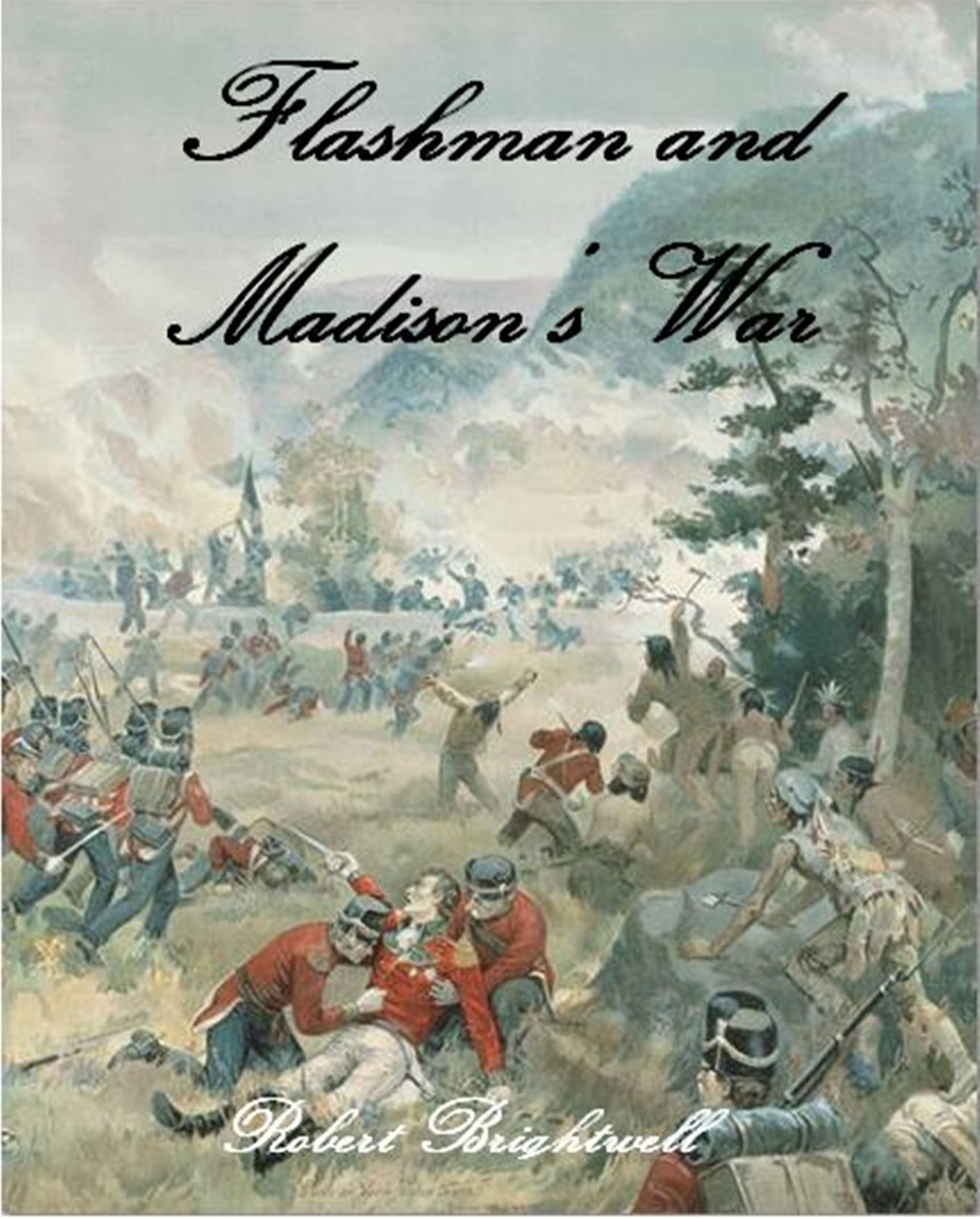Jean Louise Finch, AKA Scout, returned to Maycomb County, Alabama, for her annual summer visit and it doesn’t take her long to scandalize the place. Aunty Alexandra is aghast over the gossip flying around town that Jean Louise and childhood sweetheart, Hank, went skinny-dipping at Finch’s Landing. Atticus Finch, now in his seventies and plagued by arthritis, with his fabled even demeanor, observes that her dress is wrinkled from recently drying. After church Atticus and Hank head for downtown to attend the Citizens’ Council meeting. Jean Louise is dumbstruck. She sneaks into the colored loft of the courthouse, as she had done so many times, and eavesdrops on the proceedings. Dumbstruck turns to horrorstruck when she hears the rantings of a white supremacist who her father had just introduced. The turmoil of the birth of the civil rights era is Scout’s coming of age moment and not in any happy way.
If Harper Lee were not a great writer she should still win acclaim for choosing great titles. Go Set a Watchman is of course the long lost sequel to To Kill a Mockingbird, but it is not quite on par with that sixty-year-old classic. Although oozing with wisdom and elegant phrasing, some parts are dense and obtuse. I found myself rereading passages, and more than once, failing to grasp the intent of the words. A few sentences I just did not understand at all. Whereas To Kill a Mockingbird is written in first person, Go Set a Watchman is an odd mix of all three persons, sometimes within a single paragraph. This reader, at least, has the impression that this manuscript was rushed to publication and that it would benefit from more judicious editing. Nevertheless, it is a vital piece of work not to be missed.


